Sin and hedgehogs are born without spikes; but how they prick and wound after their birth, we all know
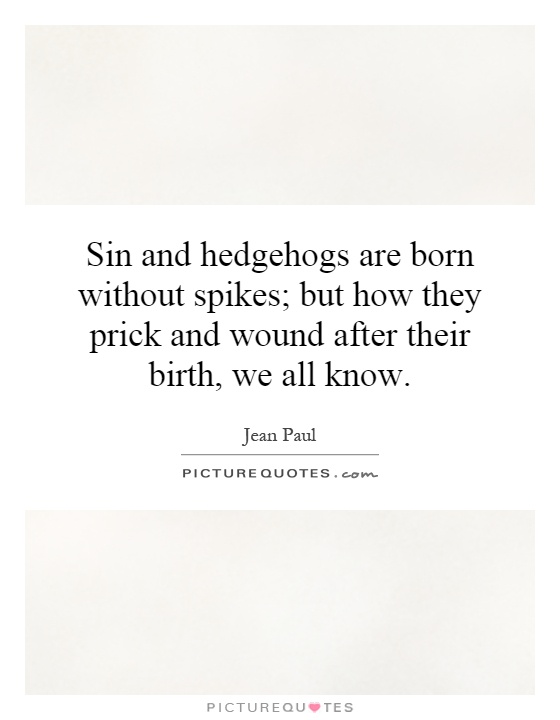
Sin and hedgehogs are born without spikes; but how they prick and wound after their birth, we all know
The quote “Sin and hedgehogs are born without spikes; but how they prick and wound after their birth, we all know” is a profound statement that can be interpreted in various ways. In the context of the renowned philosopher Jean Paul, this quote can be seen as a reflection on human nature and the inherent capacity for both good and evil within each individual.Jean Paul was a German philosopher known for his existentialist views and his exploration of the complexities of human existence. He believed that human beings are capable of both great kindness and profound cruelty, and that these dualities are inherent in our nature. The quote can be seen as a metaphor for the potential for both good and evil within each person.
The comparison of sin and hedgehogs, both born without spikes, highlights the idea that individuals are not inherently evil or malicious. Just as hedgehogs are not born with the ability to harm others, humans are not born with a predisposition towards sin. However, as they grow and develop, they acquire the tools necessary to cause harm and inflict pain on others.
The second part of the quote, “but how they prick and wound after their birth, we all know,” emphasizes the idea that individuals have the capacity to cause harm and suffering to others. Just as hedgehogs develop spikes that can prick and wound, humans have the ability to act in ways that are harmful and destructive. This can manifest in various forms, from small acts of unkindness to more serious offenses such as violence and cruelty.
Jean Paul’s philosophy encourages individuals to reflect on their own capacity for both good and evil, and to strive towards a more compassionate and ethical way of living. By acknowledging the potential for harm within ourselves, we can work towards cultivating a sense of empathy and understanding towards others. Ultimately, the quote serves as a reminder of the importance of self-awareness and moral responsibility in our interactions with others.
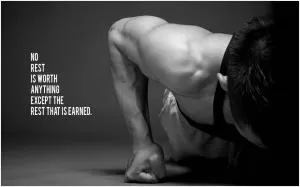

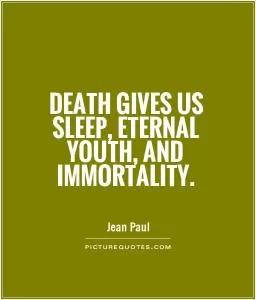
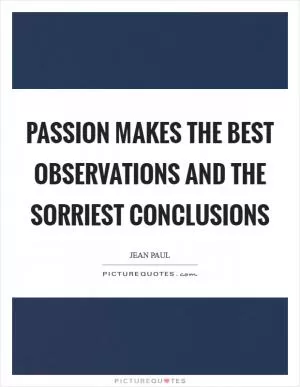
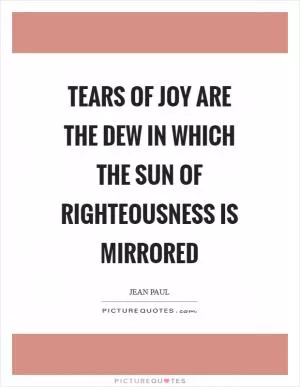
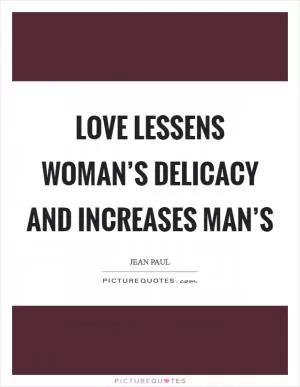
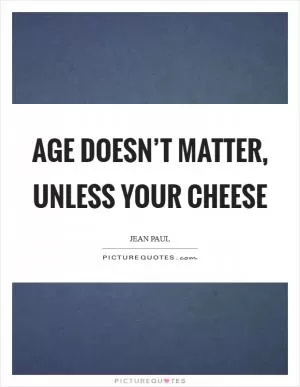
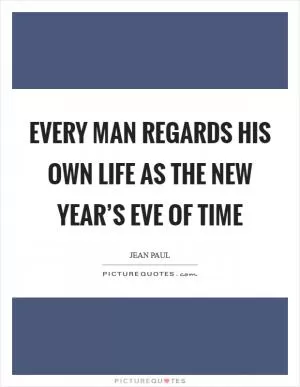
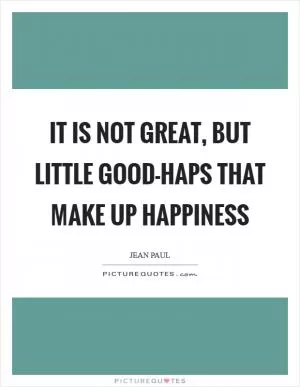

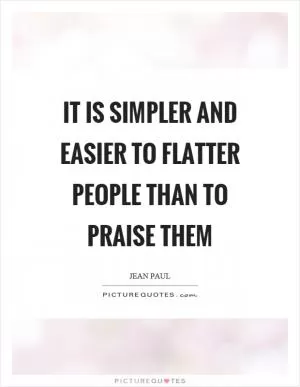
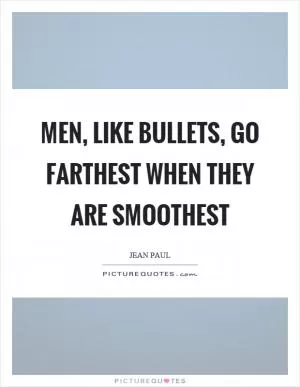
 Friendship Quotes
Friendship Quotes Love Quotes
Love Quotes Life Quotes
Life Quotes Funny Quotes
Funny Quotes Motivational Quotes
Motivational Quotes Inspirational Quotes
Inspirational Quotes